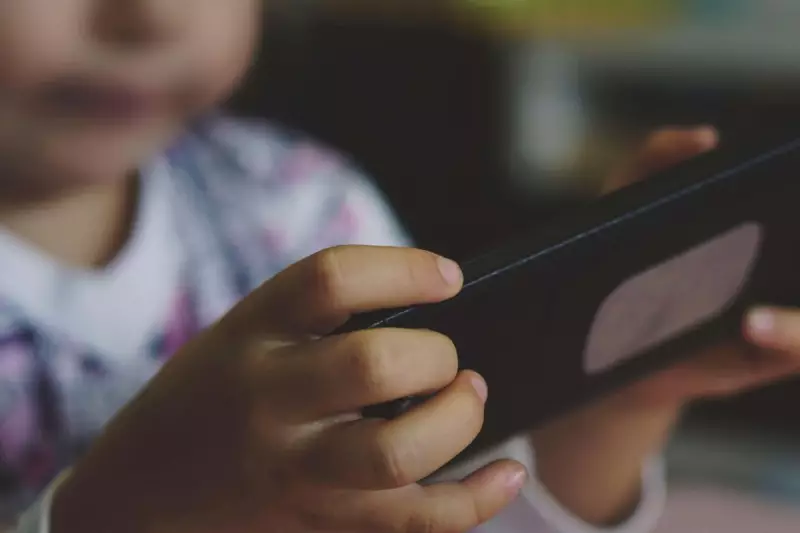
In a bold move that could set a national precedent, the city of Toyoake in Japan's Aichi Prefecture is considering introducing the country's first-ever ordinance aimed at limiting children's daily screen time. The proposed legislation represents a significant governmental intervention into family digital habits amid growing concerns about the effects of excessive smartphone use on young people's development.
A Recommended Approach to Digital Wellness
The draft ordinance, which is expected to be submitted to the city assembly in June, stops short of imposing mandatory restrictions. Instead, it proposes clear guidelines: recommending that children's daily smartphone use be limited to under one hour on school days and under 90 minutes on weekends and holidays. For high school students, the recommendation extends to under two hours daily.
Mayor Takashi Kawamura emphasised the voluntary nature of the proposal, stating it aims to encourage families to engage in conversations about healthy digital habits rather than enforce strict limitations.
Addressing a Growing National Concern
This initiative comes in response to alarming data from Japan's education ministry, which revealed that the proportion of children spending four or more hours daily on smartphones has tripled over the past decade. The COVID-19 pandemic has accelerated this trend, with increased reliance on digital devices for both education and entertainment.
City officials point to concerning correlations between excessive screen time and various health issues, including:
- Sleep deprivation and disrupted circadian rhythms
- Vision problems and digital eye strain
- Decreased physical activity leading to potential obesity
- Impaired social development and communication skills
Parental Responsibility and Support
The proposed ordinance places significant emphasis on parental involvement, urging guardians to establish clear rules about device usage and lead by example in their own digital habits. The city plans to support families through educational campaigns and resources rather than punitive measures.
While the approach is non-binding, it represents a significant shift in how local governments might address the challenges posed by ubiquitous digital technology in children's lives. If successful, Toyoake's initiative could inspire similar measures across Japan and potentially other countries grappling with the same issues.
The debate around the ordinance has sparked conversations about the balance between personal freedom and public health, with many watching closely to see if this soft-regulation approach can effectively address one of the defining parenting challenges of the digital age.





